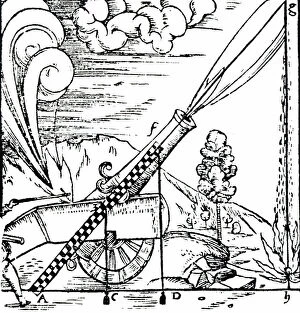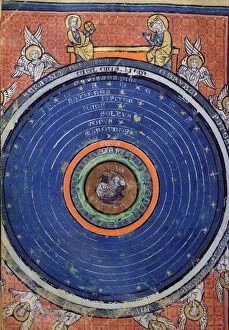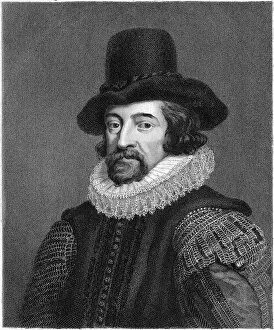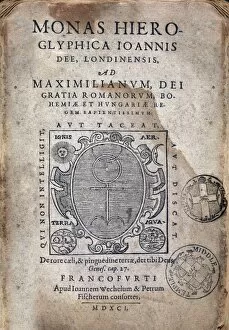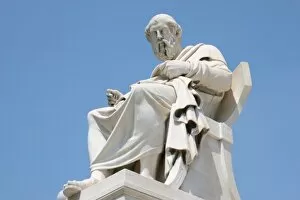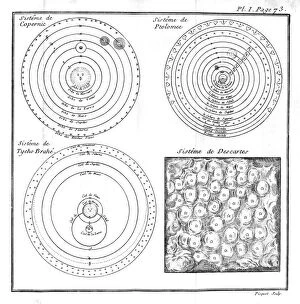Aristotelian Collection
Aristotelianism, a philosophical school of thought founded by the ancient Greek philosopher Aristotle
All Professionally Made to Order for Quick Shipping
Aristotelianism, a philosophical school of thought founded by the ancient Greek philosopher Aristotle, continues to have a profound influence on various fields even today. Cornelius Valerius, a Dutch humanist, was one of the many scholars who delved into Aristotle's works and sought to understand his teachings. In Ms. 228, f. 54v, we find a page from Aristotle's Nicomachean Ethics and Politics, showcasing Valerius' dedication to studying these important texts. Ms. New Coll 242, f. 178r presents us with another fascinating glimpse into Aristotelian philosophy through a commentary on Aristotle's Politics. This manuscript allows us to explore the interpretations and insights of scholars who engaged deeply with this influential work. The significance of Aristotle's ideas can also be seen in Ms. 228, f. 2r - yet another page from his Nicomachean Ethics and Politics - reminding us that his thoughts continue to captivate minds across centuries. Even beyond Europe’s borders, as shown in Ms 2200 f. 115v. , people were fascinated by Aristotle's worldview; here we see an intricate miniature depicting "The World according to Aristotle. " It is remarkable how far-reaching his ideas were during his time and how they still resonate today. In Ms. 228, f29r and Ms 228, f4v we encounter more pages from Nicomachean Ethics and Politics which further emphasize the enduring relevance concepts such as virtue ethics and political theory. Aristotle not only influenced scholars like Valerius but also left an indelible mark on later thinkers such as Theophrastus—an Ancient Greek philosopher—and Francis Bacon—an English philosopher known for his scientific contributions—whose works demonstrate their engagement with Aristotelian principles. Francis Bacon himself held multiple titles including Lord Chancellor (1618) and Viscount St Albans—a testament to both his intellectual prowess and political influence.


